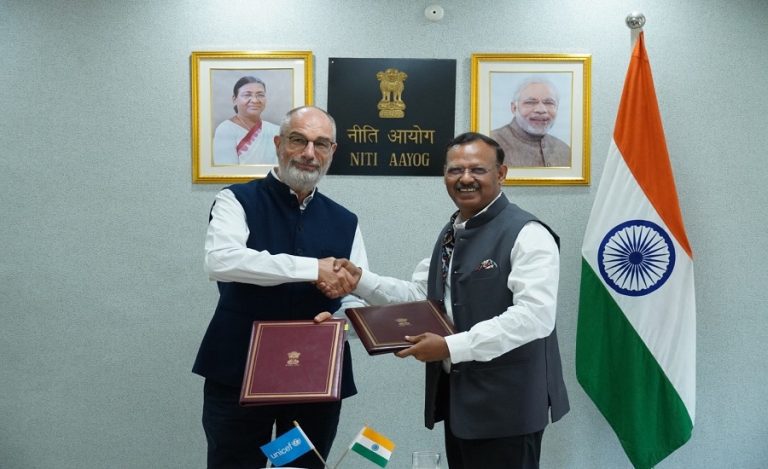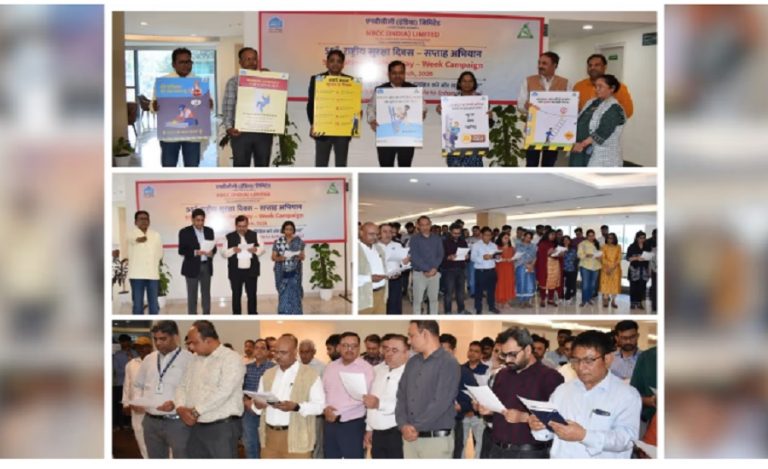This year, India has witnessed an alarming surge in forest fires, with Uttarakhand and Himachal Pradesh being particularly hard hit. The blazes have consumed vast tracts of forests, posing severe threats to wildlife, ecosystems, and local communities. In Uttarakhand, thousands of hectares have been scorched, disrupting the delicate balance of the region’s rich biodiversity. Himachal Pradesh is facing a similar catastrophe, with fires spreading rapidly across its lush landscapes. These incidents highlight the urgent need for effective forest management and fire prevention strategies. The increasing frequency and intensity of these fires underscore the broader impacts of climate change and the pressing necessity to address this environmental crisis. Forest fires not only ravage extensive areas of vegetation but also have profound impacts on our climate, biodiversity, and the livelihoods of communities worldwide. As one of the most urgent environmental challenges we face today, addressing forest fires is crucial.
Therefore, on the occasion of World Environment Day this year, we connected with a group of esteemed Indian Forest Service officers to discuss the ecological impact of forest fires and explore its sustainable solutions. We were accompanied by Dr. Shekhar Kumar Niraj, who is currently posted as the head of the South Asia, Wildlife Justice Commission; Dr. P Ramesh, CCF, Project Tiger, Karnataka; Dr. Abdul Qayyum, DFO in Middle Andaman; and Mr. Akashdeep Badhavan, DFO, Barabanki, who openly discussed the issue. Through their discussion, we aim to raise awareness and foster collaborative efforts to protect our forests and environment for future generations.
In this webinar, the officers shed light on the causes, consequences, and potential solutions for managing and mitigating the impact of forest fires. What did they say about it? Is forest fire a social issue? Is it mostly man-made? Can we predict forest fires with scientific analysis? Why speculate? Watch the session to learn more about forest fires.
Link here:


































